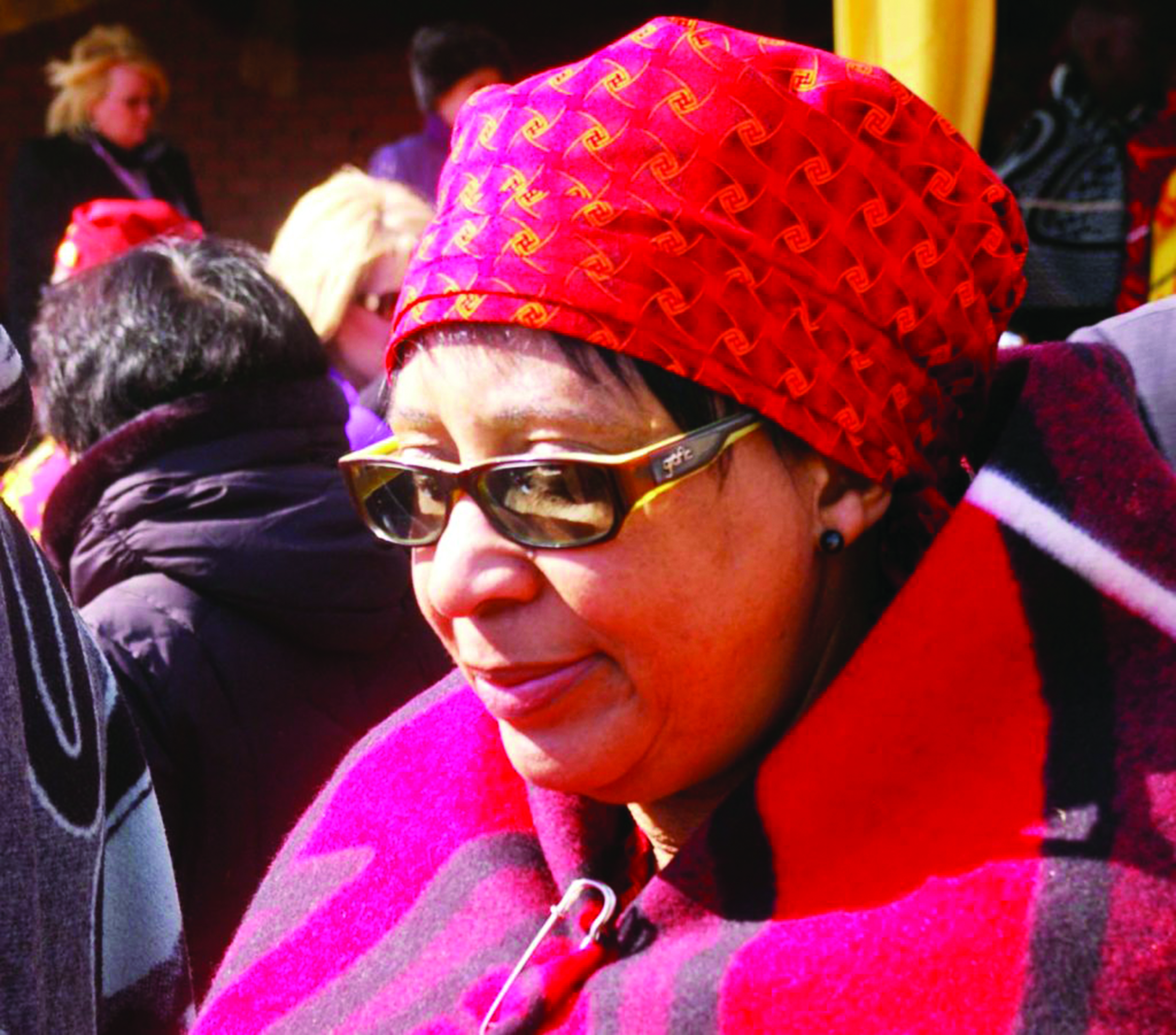Moshoeshoe’s Day Celebrations recall memories of great men and their great deed in the history of Lesotho and Basotho Nation. The 12th of March 1868 was the day that saved the nation.
The 12th of March was rightly declared a national holiday by the National Council on May 20th 1919: and the first celebration took place at Matsieng on the 12th of March 1920.
The significance of the day is the fact that it was on this day when the founder of the nation ensured the security of his people from a complete conquer by the white settler Boer.
Echoing the sentiments and views of many thinkers and common minds I came into contact with, I have often said that changing the day of the 12th to the 11th was an anti-historic; effected by people who sought to speak in the name of progress, when in fact all they did was a destruction of the spirit that unites the nation that unites the nation in the things they hold dear to.
I, Patrick Mohlalefi Bereng, I have always argued that the 11th of March marks the day of Moshoeshoe’s death, and is thus the date worth of mourning rather than the day of achievement.
Secondly, one smells a sense of power arrogance in the cloth of change, for its own sake. A self-glorification by those who made this shift: “It was I who did it.” For what and why in terms of history?
May be I am more traditional in attitude, and cry for preservation of things as they were, while others shout for new order even in nothingness, only to have their names stamped somewhere for having done something, when in fact the action had been hallow.
I would argue: Keep the monuments of old as they stand, se keng la heletsa mekolokotoane, la qhebolla mabitla; hobane kahoo le biletsa naha ea rona le lona mathata. All you dare do is to build profitable new structures, by which you would be remembered in years to come.
Who am I, as I cry in the wilderness, like many of my country men, without a voice? Without precedence, our achievements, history and pride, as a people, get nullified and leave us a laughing stock among nations with self-respect.
The surging cancer, in he name of change, within our body-politic, destroy us. Thus we changed the national flag three times since independence, in 1966: economic institutions, like banks, and many others closed, when the opposite party took office and government control.
Calendar dates, marking holidays and other national events, were altered, or deleted, as governments got replaced. In this regard, Moshoeshoe celebrations were moved from the 12th to the 11th in that spirit of “change sickness.”
Achievements
Historian tell us a lot about Moshoeshoe and his achievements. Among others, they mention his invitation of missionaries to Lesotho, to teach his people the arts of writing and reading and to bring forth new ideas of progress and well-being of his people.
They mention how he tamed cannibal and caused them to return to the normal life in villages. He detested the idea of capital punishment for wrong doing and instead said people should be influenced toward goodness and be educated the right way.
Above everything, Moshoeshoe was able to bring together different tribes and clans to form a strong nation, we are. He was able to do this because he was a man of peace, who ruled his people with the idea “Peace” as the anchor of policy and principle.
Who was he then? It is noteworthy that Moshoeshoe himself did not hail from a senior royal family through traditional entails and custom. There were many in his family lines who presided him. He ionas a charismatic leader with vision, based on the understanding and power of humility.
In all he did, the driving force-motive was the attainment of order and achievement of peace. This is how he is remembered, to this our day.
Through negotiations with other chiefs around, Moshoeshoe was able to unite different people to become one. That is how a nation was born.
Basotho chieftaincies that were brought together include: Makhoakhoa of Lethole: Bataung of Moletsane: Baphuthi of Moorosi: and Batlokwa of Lelingwana. This is why the name and his day are honoured.
We honour the man who brought people together to make them strong during Lifaqane era when black nation attached one another. But it followed that when a nation was established, and lived in peace, a new form cannibalism came to the fore.
That was the arrival of white settlers, whose aim was acquisition of the land black tribes of Southern Africa and the subjugation of the natives they found on the land.
All tribes of Southern Africa had this ugly experience. The Basotho were pushed out of the conquered territory, now called the Orange Free State: the Ngunies totally disowned land in Natal, Transvaal and the Cape, by arriving whites.
That were remained free on the rock, called Lesotho was through the efforts of this man we honour. When the day was dark and gun-powder got more destructive than spear of Lifaqane, Moshoeshoe devised a political plan for survival: Let a thief catch a thief!
He appealed to a stronger white power to protect him from the destruction of those who had already taken his land.
It was on the 12th of March that his land was proclaimed a British Protectorate, so that we might exist in accordance with our ways and wishes free of subjugation. This then is the significance of the day and the man we honor.









